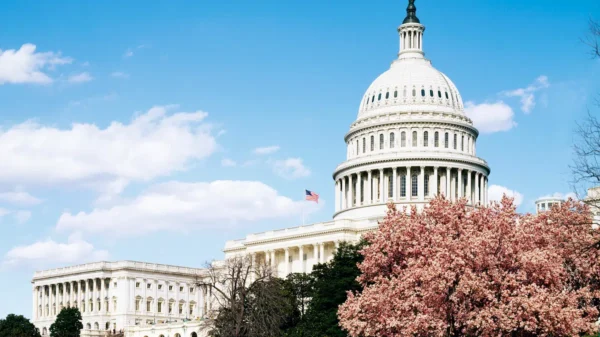Global efforts to develop central bank digital currencies (CBDCs) are sparking sharp debate, raising fears over state control of money and savings.
Advocates frame CBDCs as the next stage in financial technology. Critics, however, warn that programmable digital money could give governments sweeping new powers.
CBDCs are digital versions of national currencies, issued on permissioned blockchains operated by central banks. Unlike decentralized cryptocurrencies, they function within a closed system where officials control access and policy. That structure consequently fuels concern among analysts who fear the tools may be used for surveillance.
“Not all digital currencies are the same,” said Susie Violet Ward, financial analyst and co-founder of Bitcoin Policy UK. She argued CBDCs represent “the weaponization of money in its purest form.” Ward noted that programmable features could allow central banks to set expiry dates on savings. In her view, such design options would let governments decide how and when citizens spend.
“Even George Orwell did not predict programmable money,” she said. “That almost closes the 1984 loop perfectly,” Ward said.
The debate is sharpening a growing divide across the Atlantic. The European Union is pressing forward with its digital euro project. Meanwhile, the United States is rejecting CBDCs and focusing on private stablecoin development. This policy gap highlights competing visions for the future of digital finance.
Read more: Monero debates security overhaul after Qubic mining threat
Read more: U.S. Treasury seeks public input on digital identity in DeFi
European Central Bank to launch CBDC in October
On Friday, the US House added a ban on CBDCs to a nearly 1,300-page defense policy bill for fiscal 2026. Furthermore, the measure would stop the Federal Reserve from issuing digital currencies or providing financial products directly to individuals. In July, lawmakers also passed the Anti-CBDC Surveillance State Act by a slim majority of 219 to 210. That bill now waits in the Senate.
President Donald Trump reinforced the stance earlier this year. On January 23, he signed an executive order prohibiting any creation, circulation, or use of a CBDC in the United States. Further, he cited threats to financial stability, privacy, and national sovereignty as reasons for the move.
The European Central Bank has chosen the opposite path. ECB President Christine Lagarde said the digital euro is expected to launch in October 2025. She also stressed that it would coexist with cash and offer privacy protections to address fears of state overreach. Reports suggest European officials are even exploring whether to build the system on major public blockchains like Ethereum.
Other nations are advancing their own CBDC pilots, often raising similar concerns. In Brazil, the central bank published the source code for its digital option in July 2023. Observers also quickly spotted features that allowed officials to freeze or reduce user funds in digital wallets. Within four days, critics warned the system gave the state extraordinary financial control.
Proponents argue that CBDCs could increase financial inclusion and lower transaction costs. They point to unbanked populations who could gain access to secure digital payment tools. However, skeptics counter that surveillance features overshadow those benefits. They warn that centralized systems risk eroding civil liberties if governments abuse their authority.
.
Follow Joseph Morton on Twitter
joseph@mugglehead.com















Pingback: The ‘1984 Loop’ Reopened: How CBDCs Could Reshape Financial Surveillance – Site Title